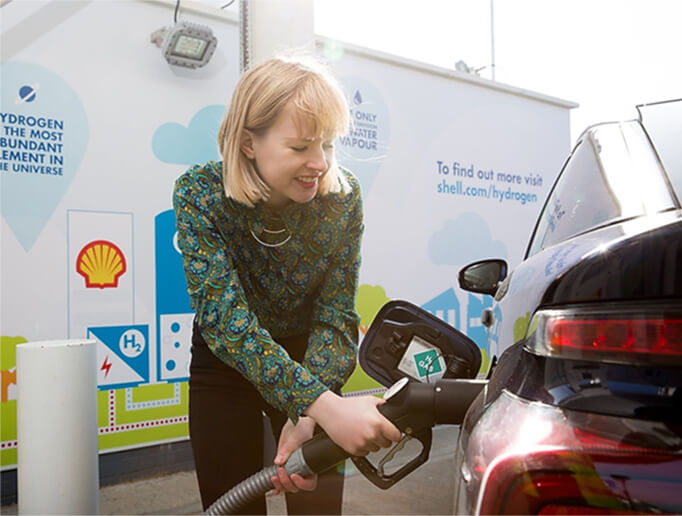Europe accelerates liquefied hydrogen technology
- Tram Ho
In Europe, developing clean energy is no longer simply for the sake of environmental protection and climate change, but is becoming part of the policy of maintaining national sovereignty.
War broke out, gas became a political factor when Russia threatened not to sell, Europe threatened not to buy. European countries struggled to find new alternative energy sources. Hydrogen emerges as the ideal solution because it is not dependent on imports, produces no emissions, and can be used in all types of engines, including aircraft engines.
German Chancellor Olaf Scholz said: “A new form of technology is taking shape. That technology is not only good for the climate, the environment and for the well-being of our country as an industrial nation, but also improve our independent energy policy”.
The test of hydrogen-powered trains, researched by France but tested in Germany, shows the advantages of hydrogen engines. Accordingly, the engine runs smoothly, only emitting steam. Airbus also has a project of three aircraft models using liquefied hydrogen fuel, with the first flight expected in 2035.

(Photo: H2Accelerate)
Michel Brioude, Technical Director of Aircraft Engines Safran, France, said: “The liquefied hydrogen will be injected into the aircraft’s fuel tanks, which means we will have to build a fuel storage device. supercooled, supercooled hydrogen pump system without freezing, must be able to make pipes and washers that can withstand super cold, a lot of details.”
Parallel to that is a race to build infrastructure for storage, distribution, transportation, fire safety, using liquefied hydrogen in all transport and industrial sectors, including in blast furnaces for steelmaking. On December 9, 2022, France, Spain and Portugal broke ground on a three-country liquefied hydrogen gas pipeline, the first step of a network connecting 28 member countries.
Spain’s Prime Minister Pedro Sanchez announced: “The trans-Mediterranean hydrogen pipeline project will be operational by the end of this decade and can transport 10% of the liquefied hydrogen consumed by the European Union by 2030. , about 2 million tons per year. The estimated cost of the pipeline project is about 2.5 billion Euro”.
There are also numerous challenges, of which the key is to scale up hydrogen production through wind, sunlight, tidal and nuclear power, clean energy sources that the European Union can fully take initiative in. Hydrogen is expected to help the European Union take the lead on the way to explore and develop green energy forms for the future.
Source : Genk
